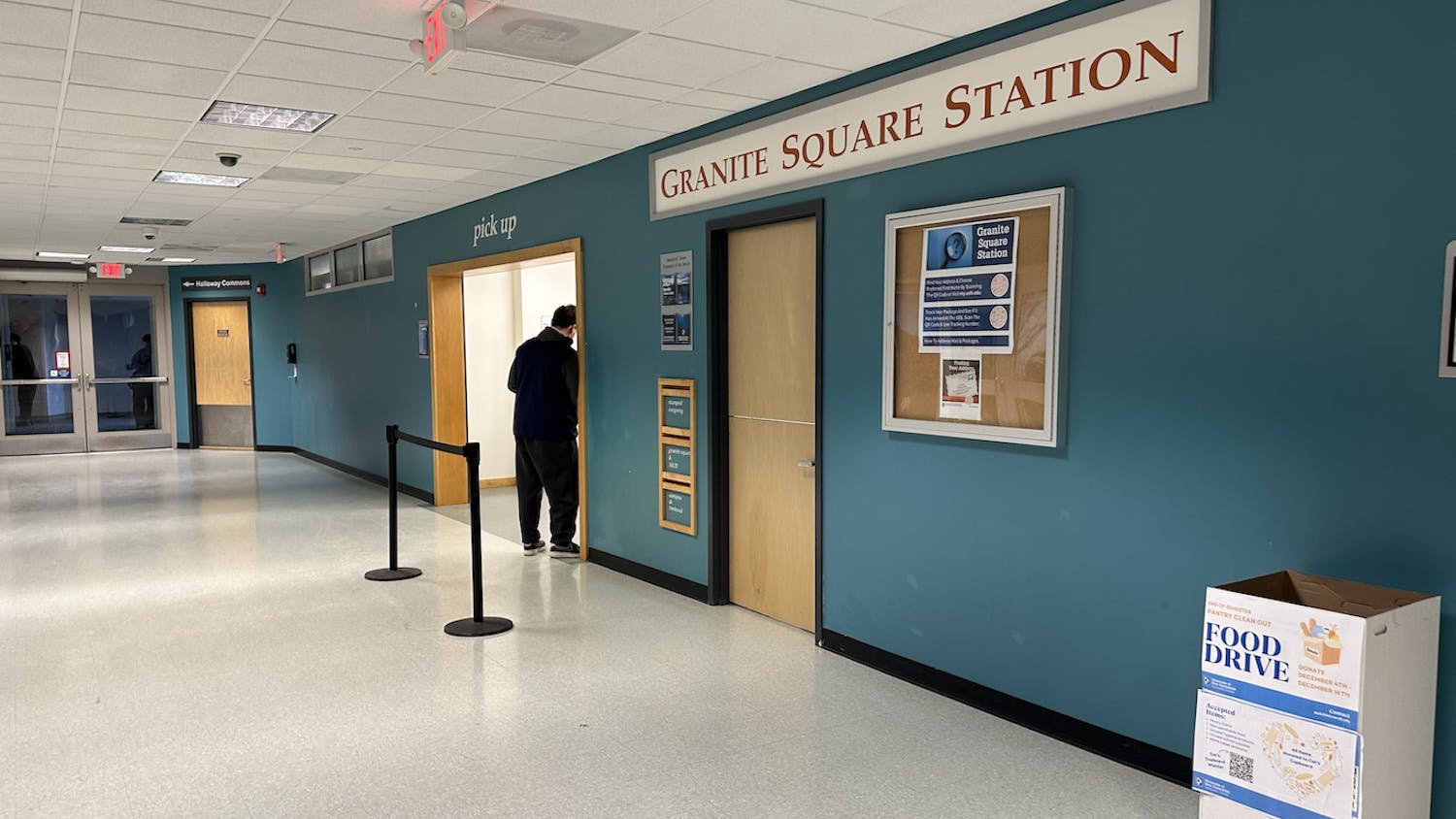Many college newspapers have been denied access in covering racial protests and events on their respective campuses lately. Most recently, Smith College’s student newspaper, the Sophian, was banned from covering a sit-in event unless they “participate(d) and articulate(d) their solidarity with black students and students of color,” according to reporting by the Student Press Law Center.
As a staff of student-journalists, The New Hampshire understands where the student-activists in question on Smith’s campus, and other campuses across the nation, are coming from when they wish to have their privacy respected. But the journalist in us sympathizes with the student press’ strong desire to cover the events taking place on their campuses. What student-activists and student-journalists need to do is compromise.
College journalists need to understand that students on campuses participating in protests and sit-ins deserve to be respected. For many, these events bring about strong emotions and feelings. Not everyone is going to want to talk to reporters. Moreover, students don’t participate in these events to be subject matter for reporters. If no one wants to talk, then no one wants to talk. Though frustrating, that’s just the way it goes sometimes.
Now, on the flip side of that, student-activists need to understand that (we would be willing to bet 99 percent of) student-journalists strive to cover stories as accurately and objectively as possible. When something newsworthy happens, we journalists want to tell everyone about it. In news writing, we seek the truth. These protests and sit-ins are highly relevant and extremely important in bringing about the awareness of racism and oppression that too many students on college campuses have been subjected to decade after decade.
When covering the news, student-journalists need to remain as objective as possible. This ensures that the bias is kept out of stories, and the audience is left with the facts. A journalist’s singular job in reporting is to answer the “who?” “what?” “why?” “when?” “where?” and “how?” of a story.
In the case of the sit-in at Smith, it would be incredibly unethical for a journalist from the Sophian to express any kind of allegiance or affiliation with the sit-in, even if the reporter supports the cause. By expressing support, journalists no longer become fact-recorders and the integrity of the story becomes compromised. A reader couldn’t expect to get all sides of a story if the author is in support or opposition of an event.
The best defense for the continued funding and presence of college newspapers is the hyper-local aspect of the coverage they provide. In most cases, you won’t find out about happenings on a college campus via mainstream media. But student newspapers allow campus happenings (laudable or deplorable) to be recorded and student-opinions to be voiced when the aforementioned would go otherwise unrecorded and unheard.
Tim Tai, the student-journalist at the University of Missouri who was treated mostly with disrespect on Nov. 10 while attempting to report on what he saw by taking photographs, couldn’t have put it better when he responded to a question about humanity and respect by bringing up posterity, which is one of journalism’s main essences.
Undoubtedly, student-reporters make mistakes. Student-editors make mistakes. Everyone in the world makes mistakes. Humans are imperfect, and that’s what makes us human. But we can all work together to tell the important stories of the movements to promote awareness of, and one day abolish, prejudice on college campuses while respecting those involved with the movements. Bearing this in mind, I’d like to reference some wisdom from Donald Murray, a former UNH professor of journalism, in the defense of student-journalists that report on the events happening on their campuses.
“Journalists are grown-ups who never stopping asking ‘why?’”
As a trade, I hope we journalists never do, no matter what.













